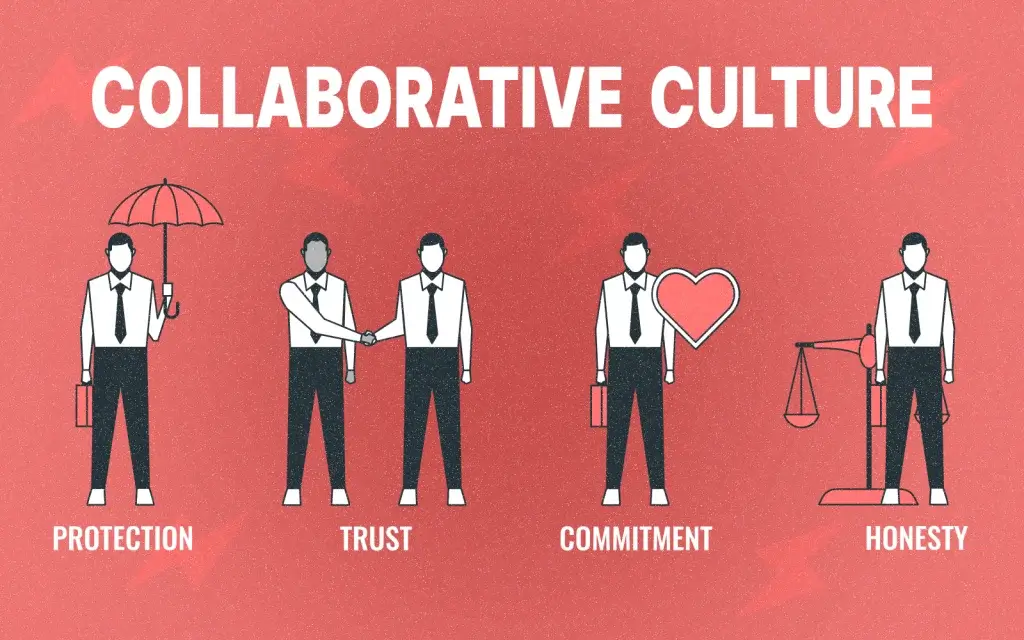Introduction
Everyday people are always involved in power struggles, from personal relationships to work places. The conflicts that arise can be handled and understood well for the creation of a more harmonious environment which is also productive. Therefore this article examines the established ways steering through them and settling power struggles thus giving you useful hints on how you can improve your skills in solving conflicts.
Understanding Power Struggles
What are Power Struggles?
Power contests occur when two or more individuals or groups fight for control or authority over an issue. Disagreements may emanate from disparities in opinions or goals as well as perceived authorities. They can be manifested in various forms such as verbal clashes, hidden aggressive acts and open confrontations.
Common Causes of Power Struggles
Some causes of these fights include:
- Differing Goals: A struggle for power may result when individuals or groups have differing objectives.
- Lack of Communication: Poor communication frequently results into misunderstanding leading to disagreement.
- Ego and Pride: Personal egos can fuel power struggles particularly when they feel their authority is being questioned by someone else.
- Resource Scarcity: When resources are limited like time, money, recognition etc. there may be competition over them leading to conflicts.
Strategies for Resolving Power Struggles
Enhanced communication skills

Effective communication is vital to preventing and resolving power struggles. The following are some ways to improve communication:
- Active Listening: Without interrupting, give ear to what the other party is saying.
- Clarify and Confirm: Restate what you just heard so that you can understand it correctly.
- Non-Verbal Cues: Observe body language and tone of voice that can significantly impact on the message.
Set Definite Limits
This helps avoid misunderstandings and conflicts. Clearly define roles and responsibilities to prevent overlapping or potential power struggles between individuals.
Concentrate On Common Objectives

Through a shift from personal goals to shared objectives, competition may be reduced while cooperation among people may be increased. Find out commonalities among the parties involved and collaborate towards them jointly.
Cultivate Emotional Intelligence
Emotional intelligence (EI) was an important tool in managing power struggle. Some aspects of EI include:
- Self-Awareness: Understand your emotions as well as their effect on your conduct.
- Self-Regulation: Manage your urges and responses.
- Empathy: Comprehend how others perceive something or another person’s feelings about it, -*-
Utilize Various Mediation and Conflict Resolution Techniques.
When power struggles escalate, bringing an unbiased third party can assist in mediating such conflict. On the other hand, conflict resolution techniques of negotiation, compromise and consensus building can be effective as well.
Promote a Collaboration Culture

Encouraging collaboration rather than competition will minimize power struggles. You can also foster teamwork and cooperation among the employees so that they are able to work towards a common goal.
Early Intervention
To nip potential power struggles in the bud, address issues as soon as they arise to avoid escalation of conflicts early intervention is important.
The Effect of Power Struggles
On Personal Relationships
Power struggles within personal relationships could lead to:
- Tense Communication: The constant conflict may hinder effective communication.
- Emotional Disturbances: Ongoing power turmoil can create tension and unease.
- Rupture of Relationships: Unresolved power battles could destroy a relationship.
On Professional Environments
In professional settings, power struggles may cause:
- Loss of Productivity: Work-related conflicts may reduce efficiency by diverting attention from tasks at hand.
- Damaged Spirit: A corrosive workplace will de-motivate workers.
- High Employee Turnover Rates: Prolonged fights for dominance can trigger increased employee attrition rates too.
Practical Tips for Managing Power Struggles
In Personal Relationships
- Be patient: Give each other space and allow for a cooling period before talking about the disputes.
- Get professional help: Consider therapy or counseling if you find that power struggles are drastically affecting your relationship.
- Make a deal: Be willing to negotiate and make sacrifices.
In Professional Settings
- Promote dialogue among employees: Create an enabling environment where workers can express their fears without fear.
- Offer Training: Promote training on how to resolve conflicts and communicate effectively.
- Become a Role Model: Demonstrate collaborative behavior and respect towards all team members.
Conclusion
Conflicts will always arise where human beings associate with one another but they don’t necessarily translate to a negative thing. You can turn conflict into growth and cooperation by understanding what causes them and developing strategies that can be used to manage them effectively. The important things to consider are communication (through listening), empathy, and a common purpose shared in both personal relationships as well as professional situations like work places’ environments.
FAQs
Why in particular cases does the struggle become more intense?
This involves matters such as frequent fights, passive aggressive tendencies, refusal to give in at any cost or be wronged as well as having to win constantly.
How do I stop power struggles from occurring within my team?
Preventing power struggle within one’s group is done by encouraging open communication, setting clear expectations, promoting teamwork and handling conflicts early enough when they arise.
What part does leadership play in dealing with power struggles?
Efficient leadership is a paramount aspect of managing power struggles. Respectful conduct should be demonstrated by the leaders while allowing open communication thereby helping solve conflict situations.
Are there any benefits in power struggles?
Power struggles, though generally considered unfavorable, may also be productive by exposing latent issues and necessitating adjustments.
What is the role of cultural diversity in power conflicts?
Power battles are characterized and influenced by cultural disparities that exist among people which could create grounds for disputes. One must be conscious and respect these variances.

Russell F. Jones, holding a Master in psychology from the University of Florida. He writes for Smart Parent Solutions, offering practical advice on parenting and child development. His engaging content helps parents navigate family life with confidence and ease. Russell enjoys sharing his knowledge and spending quality time with his family.
